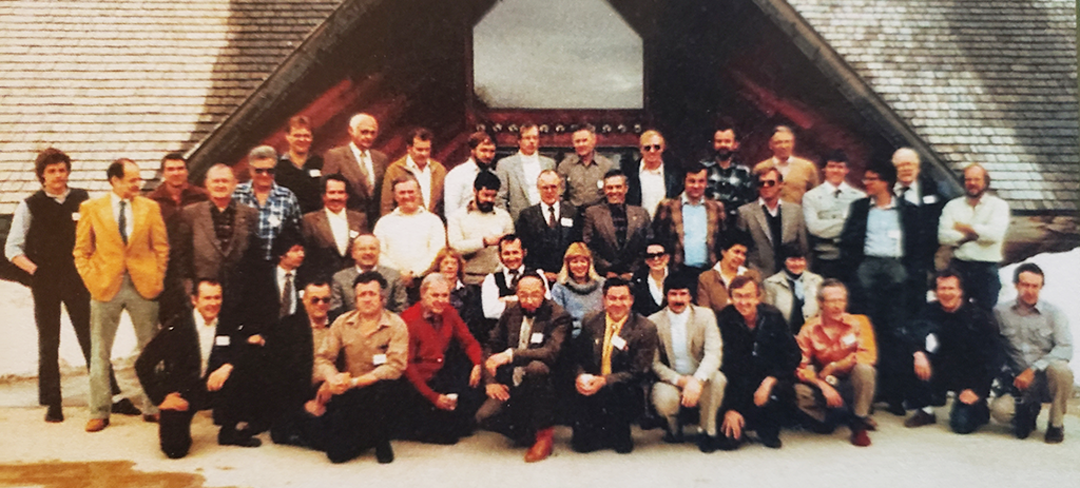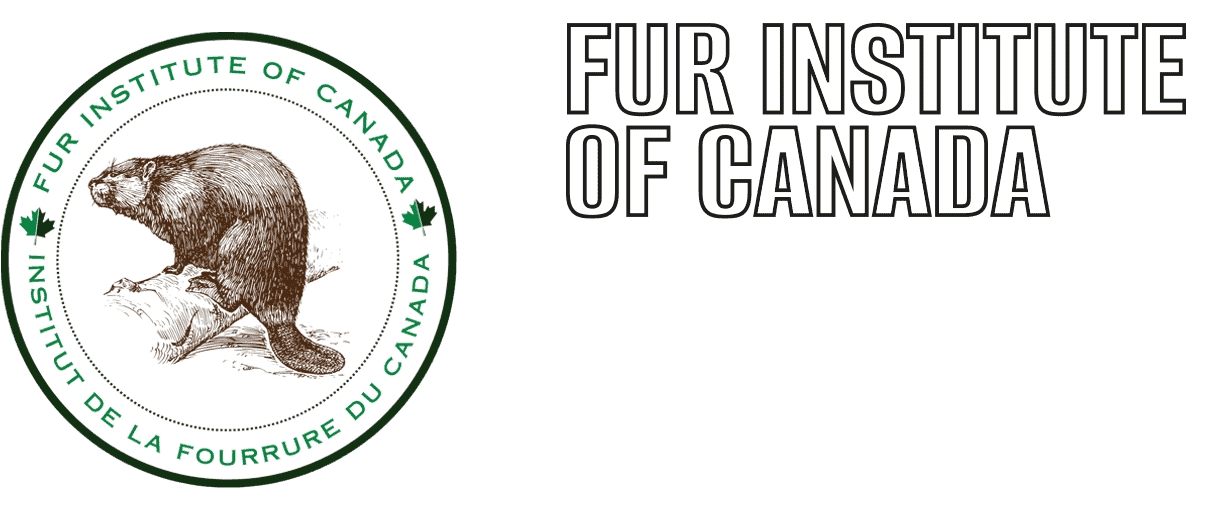About Us

The Fur Institute of Canada holds its first Annual General Meeting in 1984.
The Fur Institute of Canada is the country’s leading authority on humane trap research and furbearer conservation, and is the official trap-testing agency for the federal government of Canada and all provincial/territorial governments. The FIC manages Canada’s humane trap research and testing program, most of which is conducted at the laboratories of InnoTech Alberta, a provincial government research agency in Vegreville. This work ensures Canada’s compliance with the Agreement on International Humane Trapping Standards.
The FIC is mandated to provide accurate information relating to the economic, social, cultural and environmental issues surrounding the harvesting of wild and farmed fur in Canada.
We represent the interests of Canadians actively involved in fur use and wildlife conservation. We also contribute to policies and research through our memberships in the Association of Fish and Wildlife Agencies, the International Council for Game and Wildlife Conservation (CIC), the International Union for Conservation of Nature, and the International Fur Federation.
The FIC is a network of organizations, businesses and individuals throughout Canada and beyond. We are governed by an elected Board of Directors representing all sectors of the industry and stakeholder groups. The Board directs the activities of the FIC, while operational committees develop programs and deliver project activities.
Our members include representatives from all sectors of the fur trade, divided into the following categories: Harvesters, Wholesale Fur Dealers, Trade, Government, Stewards, and Indigenous people.
MISSION STATEMENT AND VALUES
Our mission is to “promote the sustainable and wise use of Canada’s fur resources”. We believe in the following values:
- The sustainable use and conservation of renewable resources;
- The continued improvement of animal welfare through ongoing research and the development of national and international trapping standards;
- The conservation and management of natural resources based on scientific evidence and traditional knowledge;
- Professionalism through continued education, licensing and research;
- Respect for people, animals and the environment;
- Respect for tradition, heritage and culture;
- Respect for the right of Indigenous people to pursue their Indigenous and Treaty Rights.
